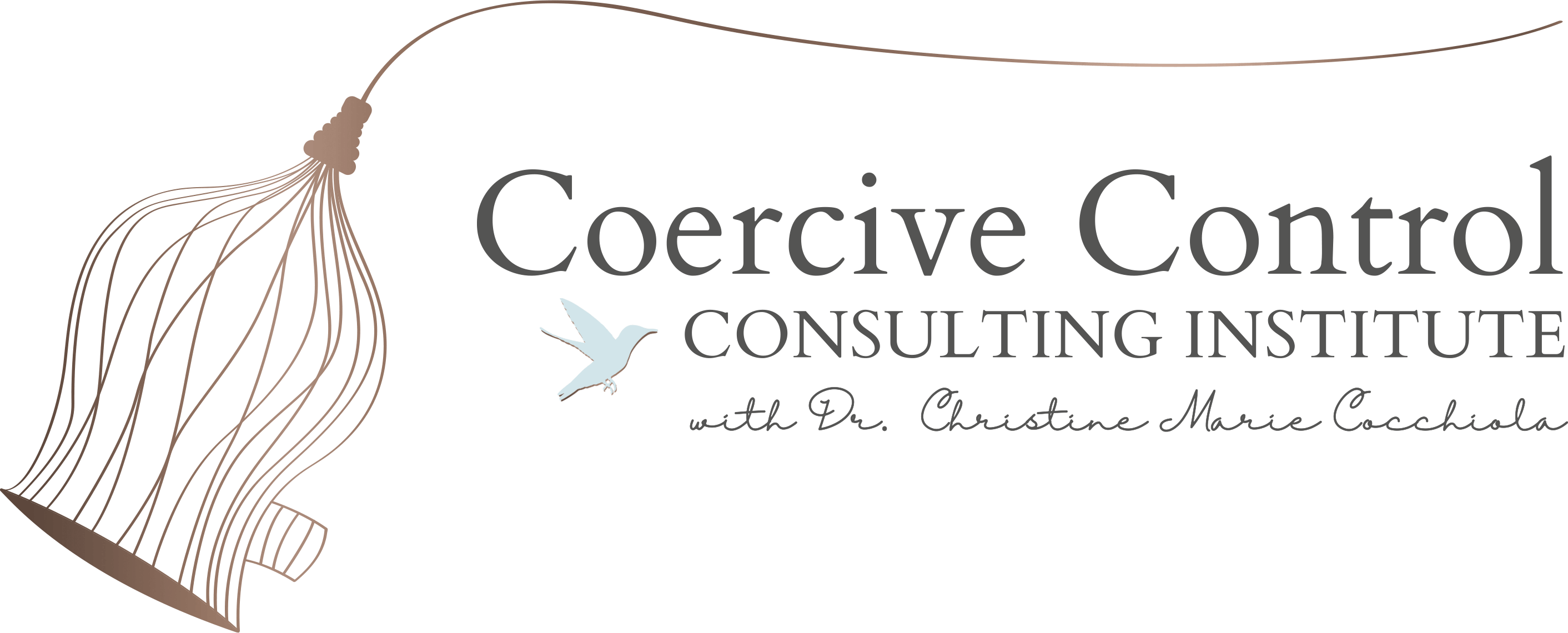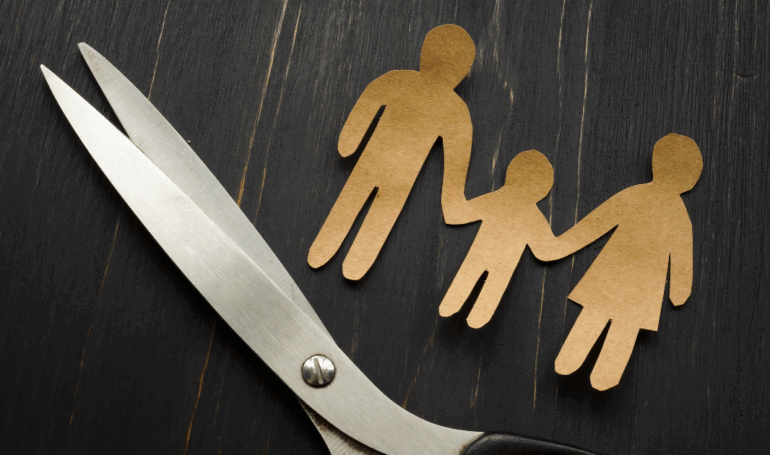Coercive control is abuse, even when there are no bruises.
For children, it’s not just confusing. It’s developmental and complex trauma. And yet, because it often doesn’t “look like abuse,” it gets ignored, especially by family court.
In this blog, we’ll break down why coercive control is especially dangerous for children, how it operates in plain sight, and why professionals must stop labeling it as anything less than child abuse.
Coercive Control, Defined
Coined by Dr. Evan Stark, coercive control is a strategic pattern of domination that targets a person’s autonomy, freedom, and sense of self. It’s not about one bad moment, it’s a calculated system of psychological abuse.
Common tactics include:
- Gaslighting
- Manipulation
- Intimidation
- Isolation
- Financial control
- Surveillance
- Threats, even if unspoken
These behaviors strip away a victim-survivor’s ability to think clearly, trust themselves, or act independently. For children, who are still forming their identity, the damage can be profound and lifelong.
Why Children Are Perfect Prey
Children are developmentally wired to seek approval, love, and protection from their caregivers. Coercive controllers know this. They exploit it.
They often play the role of the fun parent, hero, or rescuer—offering gifts, leniency, and affection to gain loyalty. On the surface, this can look like love. But underneath, it’s about control.
Here’s what children are being taught in these dynamics:
- Your feelings don’t matter as much as keeping the abuser happy.
- Love is earned through obedience.
- Survival means suppressing your truth.
- You are not safe being yourself: Do what is necessary to appease the abuser.
These are not parenting differences. This is indoctrination. This is psychological warfare.
Related Reading: Compliance is Often an Act of Survival – In the Voice of the Abuser
The Impact of Coercive Control on a Developing Brain
A child exposed to coercive control is often in a chronic state of hypervigilance. They’re monitoring facial expressions, tone of voice, even silence—for clues about how to stay safe.
Over time, this creates:
- Difficulty with emotional regulation
- A distorted sense of self
- Deep trust issues
- Symptoms of Complex-PTSD
- Compromised attachment with the protective parent
This isn’t a “high-conflict divorce.” This is a child in survival mode.
Why It’s Not “Parental Alienation”
Let’s be honest: “Parental alienation” has become a smokescreen, a term too often weaponized by abusive parents to discredit protective ones.
This is not about one parent turning the child against the other. This is about systematic manipulation and psychological coercion. It’s not alienation.
It’s fractured attachment caused by abuse.
And when family court fails to recognize that, children suffer.
When the Courts Get It Wrong
In too many cases, family courts mislabel coercive control as:
- “High-conflict parenting”
- “Mutual disagreement”
- “Communication breakdown”
- Or worse, they accuse the protective parent of causing the conflict
These mislabels are not harmless. They place children directly in harm’s way and allow abusers to continue their psychological domination, this time with court approval.
Why It’s Time to Name It Clearly
When professionals—clinicians, attorneys, evaluators—minimize coercive control, they become complicit. And when the legal system denies this form of abuse, children are retraumatized under the guise of “shared parenting.”
Here’s the truth:
- You cannot co-parent with an abuser.
- Coercive control is child abuse.
- And failing to name it does not protect neutrality. It protects the abuser.
What Protective Parents Need to Know
If you’re a protective parent navigating this, you are not alone. You’re not imagining things. And you’re not “high-conflict.”
You are someone trying to keep your child safe from harm that others refuse to see.
There are tools. There are strategies. And there are people who do understand.
If this resonates with you, share it with a fellow protective parent, therapist, or advocate.
Or head to my PROTECTIVE PARENT resource page to explore my Protective Parenting Program and free resources.

